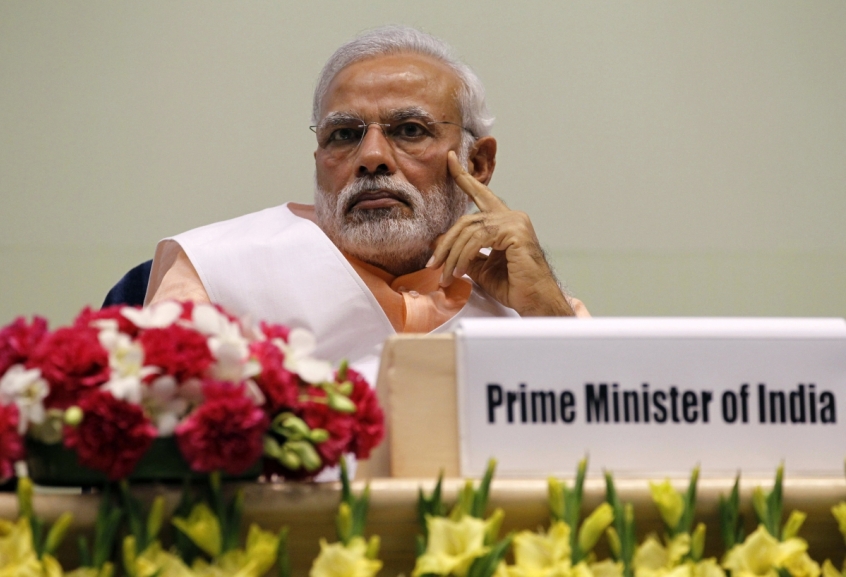Twenty Christians have been injured in an assault on a prayer meeting in India's Uttar Pradesh state, according to International Christian Concern.
Local reports say 35 Hindu radicals stormed a prayer meeting in Raikashipur village as more than 150 Christians met for prayer.

The attack took place on July 2, according to ICC, when the mob arrived at the prayer meeting in several vehicles and beat the participants with sticks. They also fired a gun into the air.
As well as injuring people they destroyed furniture and musical instruments.
Ram Kumar Gautam (42) has led the village prayer meetings in a makeshift shed for the last five years and told ICC that on average around 300 people participate.
'I didn't sleep or eat properly for nearly a week now,' he said. 'The attack on our prayer meeting last Monday has had devastating consequences. Many have serious injuries with their limbs being broken. Also, a false case was booked against six of us under stringent IPC [Indian Penal Code] sections.'
The charges relate to riot and assault, and to 'Deliberate and malicious acts, intended to outrage religious feelings or any class by insulting its religion or religious beliefs.'
Gautam said: 'We peacefully conduct prayers every Monday and people voluntarily attend these prayers. We don't even talk about conversions, but I am accused of converting people. People come to our prayer and get healing. That's why people choose to regularly attend the prayers.'
William Stark, ICC's regional manager, said: 'Article 25 of India's constitution says that every individual has the right to freely profess, practise and propagate the religion of their choice. For more than 150 Christians, this right was violated last Monday when Hindu radicals assaulted them for merely practising their faith.
'India's authorities must bring these 35 Hindu radicals in Raikashipur to justice. Until then, India's religious freedom rights will remain only words on paper and attacks on Christians and other religious minorities will continue to rise in both number and severity.'













